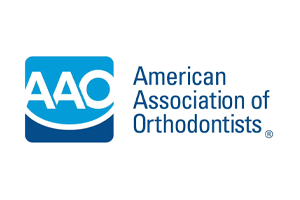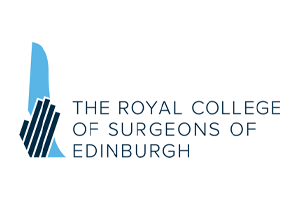We use these tiny screws when braces alone can’t achieve the best possible outcome. TADs provide us with extra anchorage so we can move specific teeth quickly and precisely.
What are the benefits of TADs?
Your back teeth usually serve as anchors during orthodontic treatment. Occasionally, though, we need a fixed point somewhere else to treat more challenging misalignments.
TADs are particularly useful for closing bites and spaces and midline correction. They can be positioned between the roots of your teeth or in the roof of your mouth. We connect them to your braces using elastic bands or a metal spring.
Most patients don’t need TADs, but for the right cases, they are invaluable:
- TADs can achieve movements that wouldn’t be possible with braces alone
- They help us to align specific teeth quickly and efficiently
- They can correct bite discrepancies without the need for jaw surgery
- They’re a discreet and comfortable alternative to headgear
You’ll only have a TAD in place for as long as it’s needed. This could be anything from a few months to the duration of your treatment.

Are TADs painful?
TADs might sound intimidating, but inserting and removing your mini implant should be a pain-free experience.
Before we place your TAD, we’ll use a small amount of local anaesthetic to numb the area. You might feel some pressure as we position your implant. As the anaesthetic wears off, you may feel some mild discomfort. You can take over-the-counter pain relief to help if needed.
When it’s time to remove your TAD, we’ll gently unscrew it. You won’t need any anaesthetic, and the area should heal nicely within the next few days.
If you’re nervous about having a TAD inserted or removed, please let us know. We’ll take you through the process step-by-step and do everything we can to put you at ease.
Are TADs safe?
TADs have been used safely with braces and Invisalign for many years. They’re made from a titanium alloy, making them light, strong and biocompatible. Your mini implant won’t damage your teeth or the surrounding tissues, and the risk of infection is very low if you keep the area clean.
If your TAD becomes very loose or falls out, please contact us straight. It’s not unusual for TADs to feel slightly loose at first.
If you don’t want a TAD, we can discuss your options, which may include:
- Extracting a tooth
- Accepting a compromised result
- Functional appliances
- Jaw surgery
- Headgear
To talk to us about TADs and braces, arrange your no-obligation consultation with specialist orthodontist Dr. Jackie Bracken.








